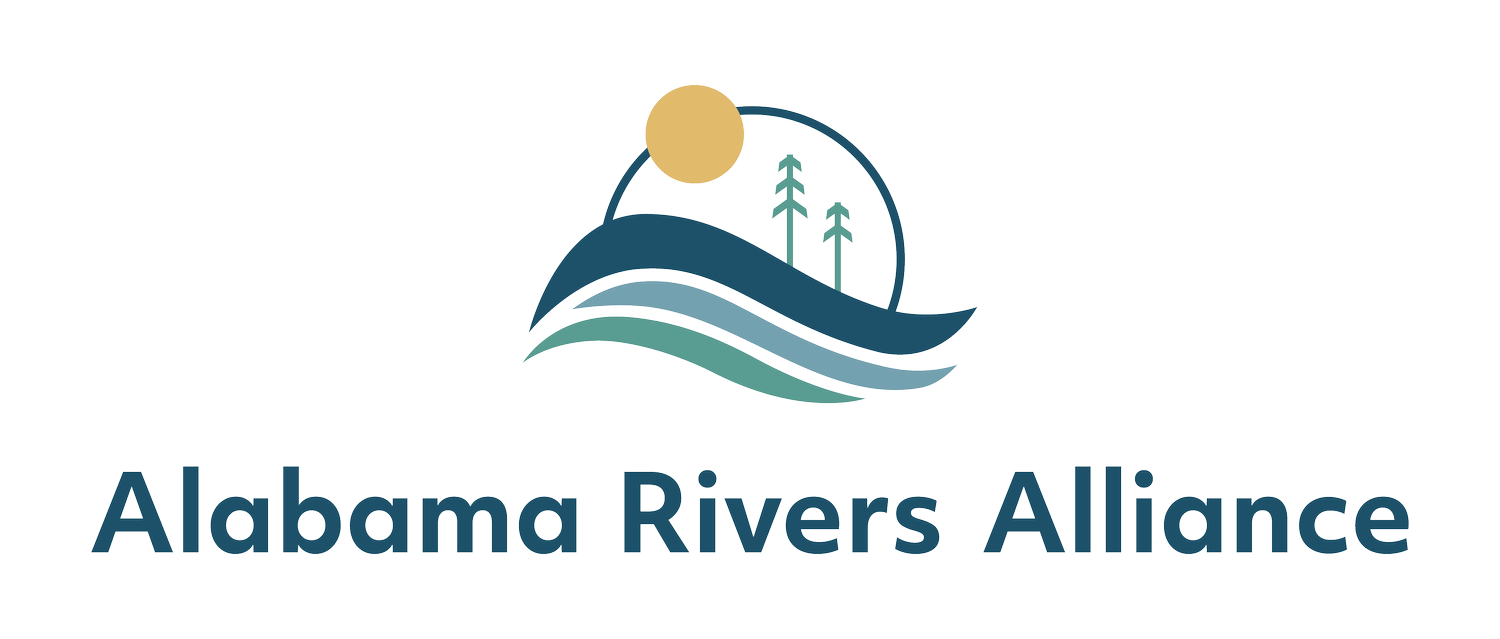
Welcome to the Alabama Water Infrastructure Resource Hub!
Website Overview
Use this website to learn about and connect with resources available for drinking water and water quality-related infrastructure projects and upgrades. You can find information about: general water infrastructure education; water infrastructure funding; key terms; maps of Alabama State Revolving Fund applications; and contact information for entities involved in water-related work. Navigation links in the website header will take you to each resource page and each resource page includes a contact form or email address.
Water Infrastructure Advocacy & Alabama Rivers Alliance
The Alabama Rivers Alliance has created and sponsored this website for community advocates, water groups, and folks otherwise interested in water infrastructure advocacy. We hope this website and resources contained within will be useful for learning about funding resources available for water infrastructure and tracking water funding in your community. Our goals for advocating for water infrastructure improvements are to connect underserved communities with funding opportunities, build a climate resilient Alabama, and enhance State Revolving Fund (SRF) program awareness and accessibility for all communities.
Check your Community’s
project Funding Status
Look up your community to see if your local utilities have applied for drinking water or clean water infrastructure funding as of the most recently available data from September 2023.
The Clean Water State Revolving Fund (CWSRF) program is a federal-state partnership that provides low-cost financing to communities for a wide range of water quality infrastructure projects, including municipal wastewater facilities, nonpoint source pollution control, decentralized wastewater treatment systems, stormwater runoff mitigation, green infrastructure, estuary protection, and water reuse.
The Drinking Water State Revolving Fund (DWSRF) is a federal-state partnership that provides low-cost financing to communities for a wide range of drinking water quality infrastructure projects, including improving drinking water treatment; fixing leaky or old pipes (water distribution); improving source of water supply; replacing or constructing finished water storage tanks; and other infrastructure projects needed to protect public health.



